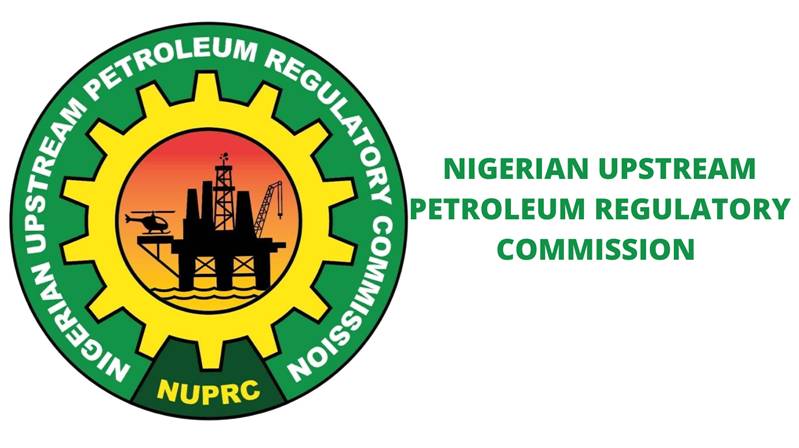Nigerian Upstream Petroleum Regulatory Commission (NUPRC) could be likened to have inherited upstream responsibilities of the defunct Department of Petroleum Resource (DPR) and many more. Department of Petroleum Resource (DPR) was a department under the Nigerian Federal Ministry of Petroleum Resources (FMPR) with the statutory responsibility of ensuring compliance to petroleum laws, regulations and guidelines in the Oil and Gas Industry.
Upstream Petroleum Regulatory Commission (NUPRC) was created by the Petroleum Industry Act (PIA) 2021, signed into law by President Muhammadu Buhari. The beautiful legislation brought to a close, a 20-year effort to reform Nigeria’s oil and gas sector.
Read: Nigerian Oil & Gas Permits/ Licenses
The legislation has created environment a more conducive for growth of the sector and addressed legitimate grievances of communities most impacted by oil and gas extractive industry.
Petroleum Industry Act (PIA) 2021 overhauled the regulation and governance of the oil and gas industry and provided for two regulatory agencies—the Nigerian Upstream Petroleum Regulatory Commission (NUPRC) and the Nigerian Midstream and Downstream Petroleum Regulatory Authority (NMDPRA). Each of them is responsible for the technical and commercial regulation of petroleum operations in their respective sectors, and have the power to acquire, hold, and dispose of property, as well as sue and be sued in their own name.
Note: the NUPRC’s functions are limited to upstream regulations.
PIA 2021, Section 4 of the Act created the NUPRC and gave it power to acquire, hold and dispose off property, sue and be sued in its own name. Upstream Petroleum Regulatory Commission (NUPRC) has the responsible for the technical and commercial regulation of upstream petroleum operations.
The objectives of the NUPRC among others include:
- to ensure compliance with all applicable laws and regulations governing upstream petroleum operations in the country;
- promote and enabling environment for upstream petroleum operations;
- ensure strict implementation of environmental policies, laws and regulations for upstream petroleum operations,
- and a whole lot of technical objectives that borders on crude oil regulations.
Read: Nigerian Local Content Registration (NCDMB)
There are no conflicts in the two regulatory bodies, NUPRC and NMDPRA. Their objectives of the NUPRC and the NMDPRA are clearly outlined in the PIA and there are no conflicts about them. Operators whose business are related to the upstream sector clearly know they have to obtain operational permit from the NUPRC, while those that operate in the midstream and downstream sector, go to the sister regulatory agency for such permit.
Duties of NUPRC
Nigerian Upstream Petroleum Regulatory Commission (NUPRC) has the statutory responsibility of ensuring compliance to petroleum laws, regulations and guidelines in the Nigerian Oil and Gas Industry. The discharge of these responsibilities involves monitoring of operations at drilling sites, producing wells, production platforms and flowstations, crude oil export terminals, refineries, storage depots, pump stations, retail outlets, any other locations where petroleum is either stored or sold, and all pipelines carrying crude oil, natural gas and petroleum products, while carrying out the following functions, among others:
- Supervising all Petroleum Industry operations being carried out under licences and leases in the country.
- Monitoring the Petroleum Industry operations to ensure that are in line with national goals and aspirations including those relating to Flare down and Domestic Gas Supply Obligations.
- Ensuring that Health Safety& Environment regulations conform with national and international best oil field practice.
- Maintaining records on petroleum industry operations, particularly on matters relating to petroleum reserves, production/exports, licences and leases.
- Advising Government and relevant Government agencies on technical matters and public policies that may have impact on the administration and petroleum activities.
- Processing industry applications for leases, licences and permits.
- Ensure timely and accurate payments of Rents, Royalties and other revenues due to the government.
- Maintain and administer the National Data Repository (NDR).
Read: NCEC Categories & Registration
Nigerian Upstream Petroleum Regulatory Commission (NUPRC) is to ensure sustainable development of Nigeria’s Upstream Petroleum Resources through effective regulatory practices, while entrenching world-class professionalism, accountability, and transparency.

